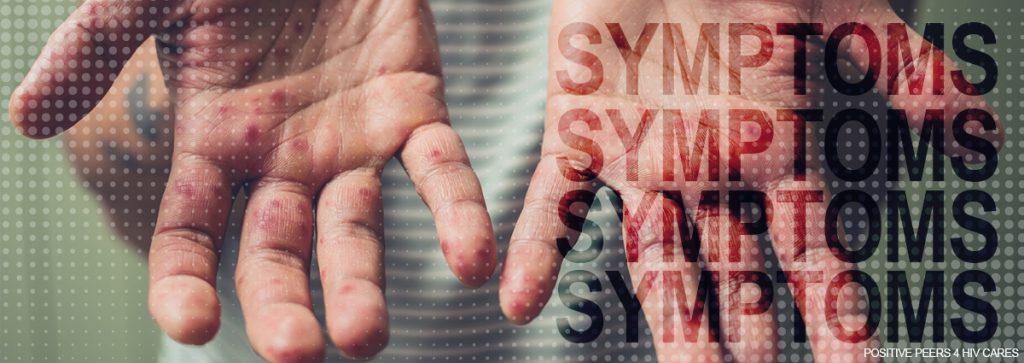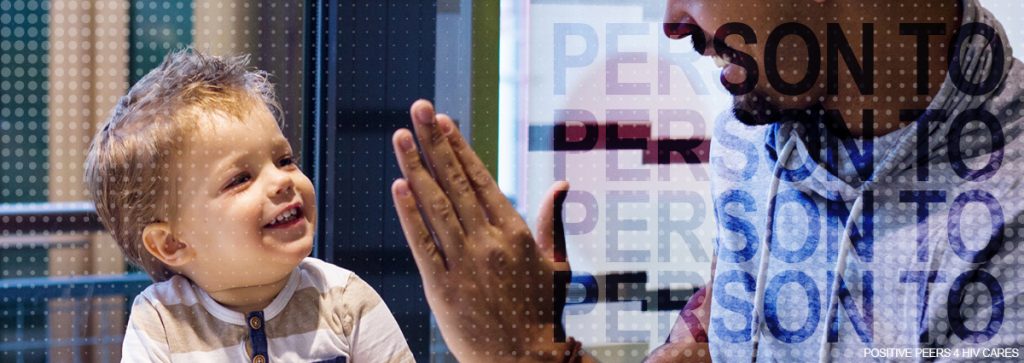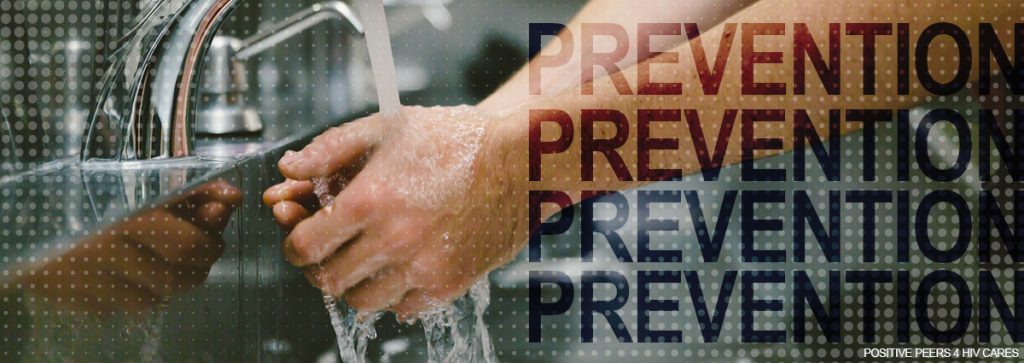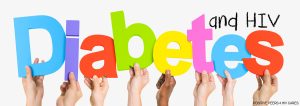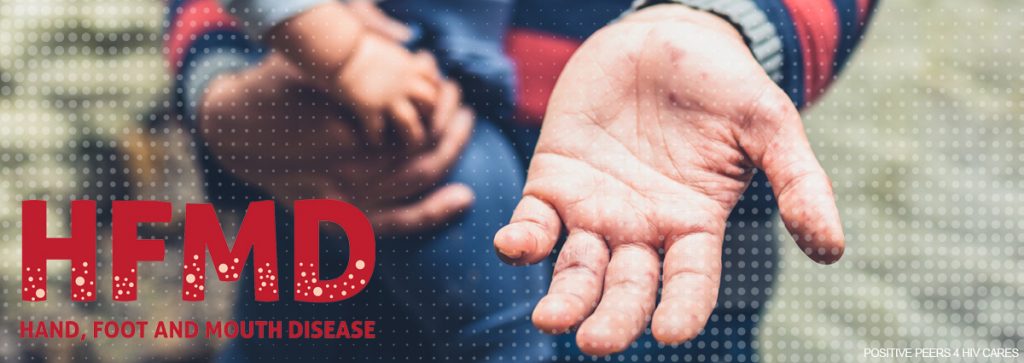
By: Ann K. Avery, MD, Infectious Disease Physician at MetroHealth Medical Center
Hand-foot-and-mouth disease, or HFMD, usually happens to babies and little children. It’s a virus that gets in their hands, spit, snot, and poop, and they can pass it quickly from one person to the next.
Let’s face it: kids aren’t the best at cleaning up after themselves, and because their immune systems are still developing, they tend to get sick a lot easier.
But wait…why do adults living with HIV need to know about HFMD? Well, if your immune system is weakened, rare diseases like hand-foot-and-mouth disease can be troublemakers.
These are some of the most important facts about hand-foot-and-mouth disease:
Symptoms of hand-foot-and-mouth disease
Hand-foot-and-mouth disease usually produces:
- Painful red blister-like lesions on the tongue, gums, and inside of the cheeks
- Fever
- Sore throat
- Feeling unwell
- Loss of appetite
- Red rashes that blister (but don’t itch) on the palms, soles of the feet, and buttocks.
Hand-foot-and-mouth disease can normally be treated by a visit to the doctor, but it can lead to meningitis and a few other serious conditions under rare circumstances.
Symptoms start showing up about two to three days after exposure. It usually goes away in about a week or sooner, if it is treated properly.
How hand-foot-and-mouth disease gets transmitted
Hand-foot-and-mouth disease is caused by several viruses that spread by person-to-person contact. Think of it this way:
Little kids constantly touch things and put their hands in their mouths. They don’t always have the best habits about washing their hands after going to the bathroom or before eating.
Imagine two kids in preschool together. One has HFMD and reads a storybook for a few minutes, just long enough to leave the virus on the book. Another kid picks up the book — and picks up the virus.
The kid in preschool who has just caught the disease goes home and plays with his 2-year-old sister. He touches her hands, which she puts in her mouth. A couple days later, their parents notice the rash has spread to both kids. See how that works?
If you have kids, or if you’re babysitting and living with HIV, it’s normally a good idea to pay more attention to keeping everything clean because things like hand-foot-and-mouth disease pose more risk to you.
Come join our private, stigma-free, supportive community.
Health management tools with medication & appointment reminders.
Social networking in a community conversation & private chats.
Preventing hand-foot-and-mouth disease
Cleanliness keeps the disease from spreading. Here’s what to do:
- Wash your hands carefully when you’ve been in places where kids play. Do the same after going to the bathroom and before eating.
- Be on alert for sneezing or runny noses from your kiddos. Scrub your hands extra hard if you accidentally touch pee or poop. Always wash up after changing or even handling diapers.
- Disinfect high-traffic areas in your home, especially where kids play, like tables or toy boxes. Basically anywhere those little hands might be all over!
- Remind older kids not to put their hands in their mouths, and for toddlers or babies, wash them up with a soapy washcloth after you notice them doing it.
Hand-foot-and-mouth disease is one of those diseases that only happens to grown-ups once in a while. For someone living with HIV and who is not taking anti-retroviral medications, though, it can be one of those things that causes serious problems because their immune system is compromised.
This is yet another reason why it’s important to remember to take your HIV meds each and every day.
Related Blogs:
